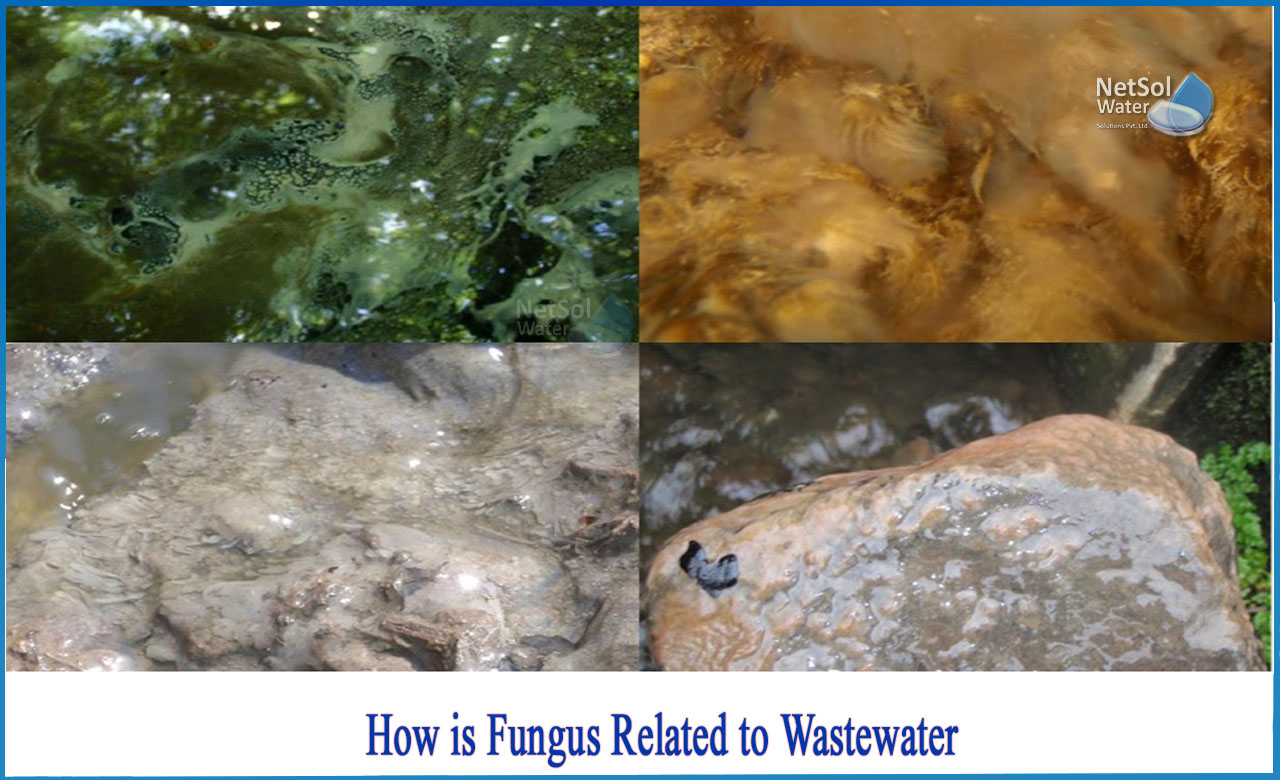How is fungus related to wastewater?
Microorganisms can be found not only in the air, but also in soils, lakes, and the sea. They are everywhere in our body, both inside and outside. Also, although not visible, microorganisms have a great impact on us and the environment. In fact, we can’t live without it. Without bacteria, corpses would have been scattered on our planet, as corpses would not break down dead creatures.
But how do they work and why do we need to use microorganisms in sewage treatment?
These are essential to human culture and health and are valuable tools in wastewater treatment to produce enzymes and other bioactive compounds. Microorganisms mix with water in the activated sludge process, encounter biodegradable substances in wastewater, and ingest them as food.
A major group of microorganisms
Activated sludge treatment aeration tanks have five major groups of sewage microorganisms. These are:
1: Algae and fungi
2: Metazoans
3: Bacteria
4: Protozoa-These microorganisms, which play an important role in wastewater treatment, remove and digest floating dispersed bacteria and other suspended solids. They also improve the transparency of sewage. Some, like bacteria, need oxygen to survive, while others require very little oxygen. Some protozoa can survive without oxygen.
5: Filamentous fungi- A normal component of activated sludge biomass. The presence of some filamentous fungi is important and helps to form good flakes on the biomass. Since filamentous fungi grow on long thread-like threads, cells do not separate even after cell division and grow in filament form. Then they together form a network. This is the most important part of floc formation and serves to separate the liquid and remove the precipitate from the liquid. In the environment, fungi compete with bacteria for nutrients and carbon sources. As a result of this competition, different microorganisms have been able to use different ecological niches.
If the surface area is smaller than the size of the organism, the fungus can cope better with undernourishment (N, P) than the bacteria. They are very efficient at using nutrients to build new cell masses. Fungi can also grow over a wide pH range at values ??that are not ideal for the most common soil bacteria. Fungi can grow with less water than bacteria.
Lignin Degradation
Many fungi adapt to the rapid growth of wood and other plant debris. Many of the enzymes used to break down the most awkward parts of plant waste (lignin) include these enzymes, such as DDT, TNT, and possibly other chlorinated or polycyclic aromatic hydrocarbons (PAHs).
It also makes it possible to initiate the decomposition of complex organic substances in. This non-specific use of fungal enzymes is through co-metabolism rather than the direct effect of the fungus on waste compounds.
The most frequently studied fungus for waste decomposition is the white-rotting wood-decay fungus (Phanerochaete chyrsosporium).
Fungi usually grow in adherent mode. It is used as both a growth support and a substrate. For example, P. chyrsosporium grows on wood chips when used in bioremediation. Most mushrooms do not grow well with floating growth as seen in the water column. Here, bacteria absorb nutrients, carbon, and oxygen very efficiently.
Conclusion
Therefore, if you have high levels of lignin or other waste that are resistant to bacterial repair, it may be worth investigating fungal cultures for biological treatment. In this case, you cannot expect good results by dropping fungal spores or cultures into waste. Instead, it is common practice to mix waste-contaminated soil or water with wood chips containing active fungal cultures. By mixing the mixture, ventilating it, and keeping it at the proper moisture level, mushrooms can break down the waste.Thus, fungus can help in wastewater treatment.
Netsol Water is Greater Noida-based leading water & wastewater treatment plant manufacturer. We are industry's most demanding company based on client review and work quality. We are known as best commercial RO plant manufacturers, industrial RO plant manufacturer, sewage treatment plant manufacturer, Water Softener Plant Manufacturers and effluent treatment plant manufacturers. Apart from this 24x7 customer support is our USP. Call on +91-9650608473, or write us at enquiry@netsolwater.com for any support, inquiry or product-purchase related query.



